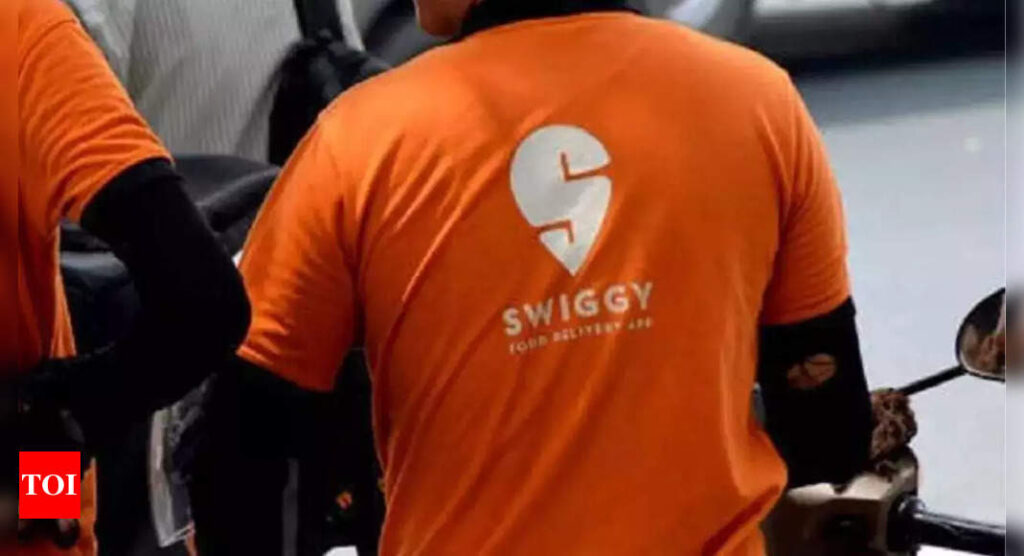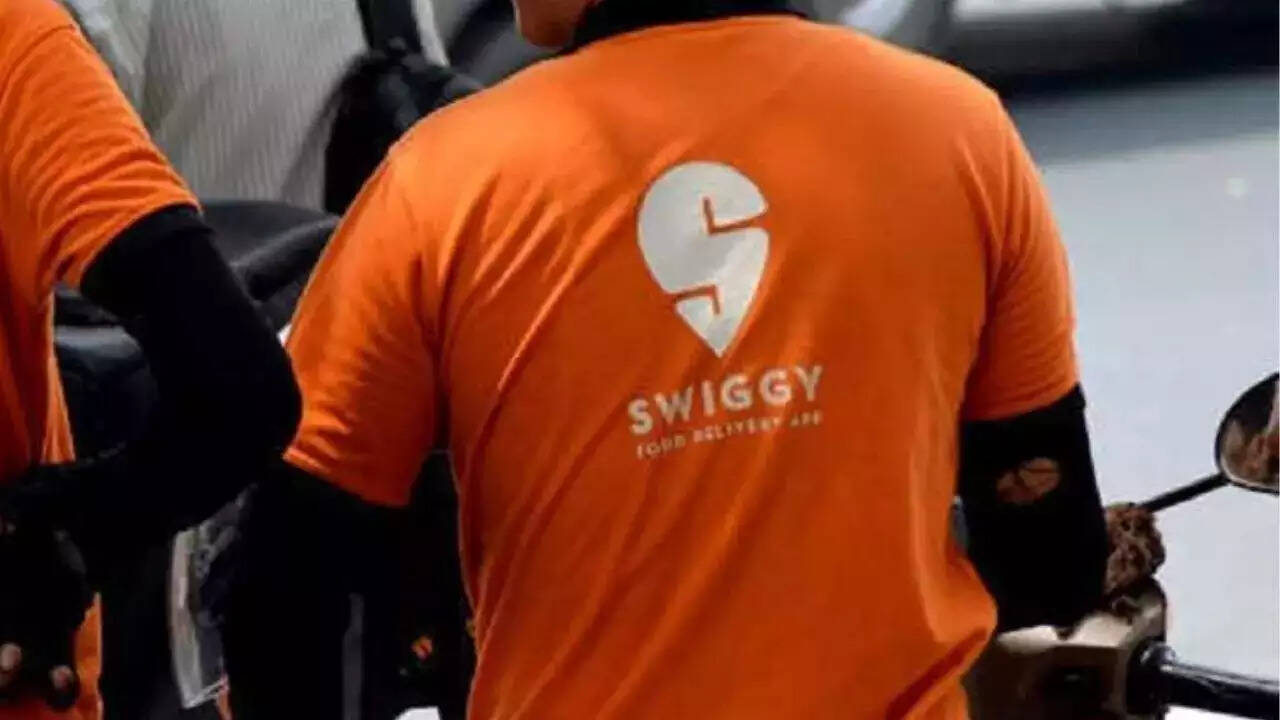[ad_1]
In 2021, the Bengaluru-based food delivery company had launched a two-year ESOP liquidity programme for 2022 and 2023. In the current year, employees from Dineout will also be able to avail of the plan. Swiggy had acquired Dineout, a dining out and restaurant tech platform from Times Internet in a deal pegged over $100 million in May last year.
“Two years ago, Swiggy announced a one-of-its kind ESOP programme to enable consistent wealth creation for employees through two distinct liquidity events in 2022 and 2023….we are happy that macroeconomic conditions notwithstanding, we are able to keep our commitment of sharing Swiggy’s success and growth through these wealth creation opportunities,” head of HR Girish Menon said in a statement.
Swiggy joins a handful of companies like Flipkart which have been able to exercise ESOP liquidity programmes this year despite the economic downturn and funding slowdown for startups. “This is Swiggy’s fourth liquidity event since 2018, also making it one of the very few Indian startups to consistently enable wealth creation for its employees,” the company said.
Swiggy which competes with Gurgaon-based Zomato had earlier this year said that its core food delivery business has turned profitable as of March 2023 after factoring in all corporate costs and excluding ESOP costs.
In an interview to TOI last month, CEO of food marketplace Rohit Kapoor had said that the total addressable market for food delivery has opened up considerably post Covid and companies no longer need to dole out heavy discounts to get more users. “The value offers on the platform still continue but if consumers only had to come on the back of deep discounting, that’s not happening,” Kapoor had said.
[ad_2]
Source link











More Stories
India’S Growth Forecast: S&P ups India’s FY’24 growth forecast to 6.4% on robust domestic momentum
India to remain fastest-growing major economy, but demand uneven: Poll
Jack Ma: Jack Ma gets back into business with ‘Ma’s Kitchen Food’